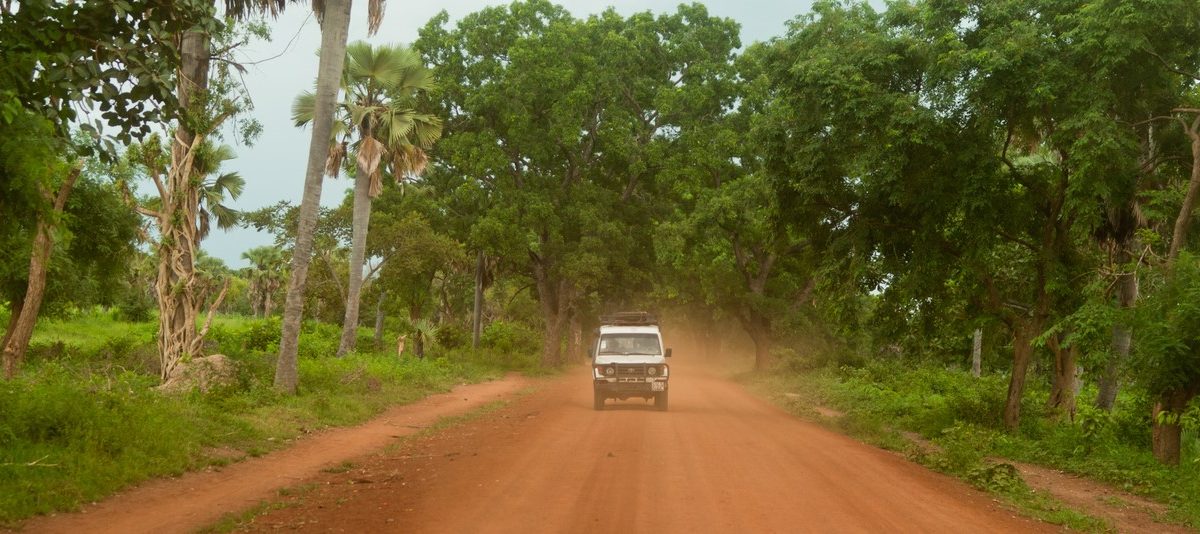
The Road to Peace in South Sudan
Despite the signing of a deal in 2018 between President Salva Kiir and exiled opposition leader Riek Machar, peace in South Sudan remains elusive. Deadlines have been extended several times, with the latest target set for 22nd February 2020. Whilst there is little optimism that this new date will be any different to previous deadlines, an escalating campaign of sanctions led by the United States may provide the necessary impetus for the government to drive home the agreement that has seemed out of reach for so long.
Under the terms of the peace deal signed in 2018, Kiir and Machar were meant to form a unity government by November 2019. However, in the latest of a series of pushbacks, the leaders agreed to a 100-day extension, prompting widespread frustration in the region and amongst the international community, with the US recalling its ambassador in protest. Nevertheless, both parties have announced a commitment to form a transitional government in the event that outstanding issues are not resolved within the timeframe, and as December reached a close, President Kiir urged the nation’s state governors to implement the 2018 agreement.
While both camps have made encouraging noises in recent weeks, such rhetoric has previously meant very little in respect of getting an agreement over the line. The peace deal has been in place for over a year, yet the process has been continually stalled, with little optimism from observers that things will be different this time around. The main impasse that remains in place is the disagreement over the configuration of states within South Sudan, a matter that has plagued the country since President Kiir’s 2015 decree to expand the number from 10 to 28.
Despite the deadlock, the slow ramping up of US sanctions against government figures may prove to be a game-changer. The sanctions have been progressively working their way up the regime’s food chain, starting from businesspeople and currently hitting senior government officials. In December 2019, cabinet ministers were sanctioned for “obstructing reconciliation efforts” via the militias that they are accused of controlling. This was followed by the US Treasury placing sanctions on the country’s first vice president – Taban Deng Gai – in January 2020. The US accused him of arranging and directing the alleged killing of an opposition politician and a human rights lawyer. Such moves can be interpreted as a strategy aimed at pressuring the South Sudanese government to implement the agreement with the opposition. Significantly, in his remarks, US Secretary of State Mike Pompeo called for actors involved in the peace process to create distance between themselves and those who seek to spoil the efforts. In light of the sanctions campaign, neither side will want to be labelled “the spoiler”, putting pressure on both camps to move towards a comprehensive agreement within the planned timeframe.
Regional efforts to broker an agreement have also stepped up. In January, South Africa’s deputy president – David Mabuza – arrived in Juba to meet Kiir and Machar in a bid to break the deadlock. After another frustrating round of talks, Mabuza proposed that the two sides form a transitional unity government on schedule but work to resolve the issue over states and boundaries at a later date. While this solution will not conclusively settle the peace process, it may prove to be the only viable option at present, with patience running out in the international community. Accordingly, it appears that a deal may well be within reach, which, although imperfect, could be the first step in resolving South Sudan’s protracted civil war.
This article originally featured in Africa Integrity’s January 2020 Newsletter. To join our newsletter mailing list, please contact us.